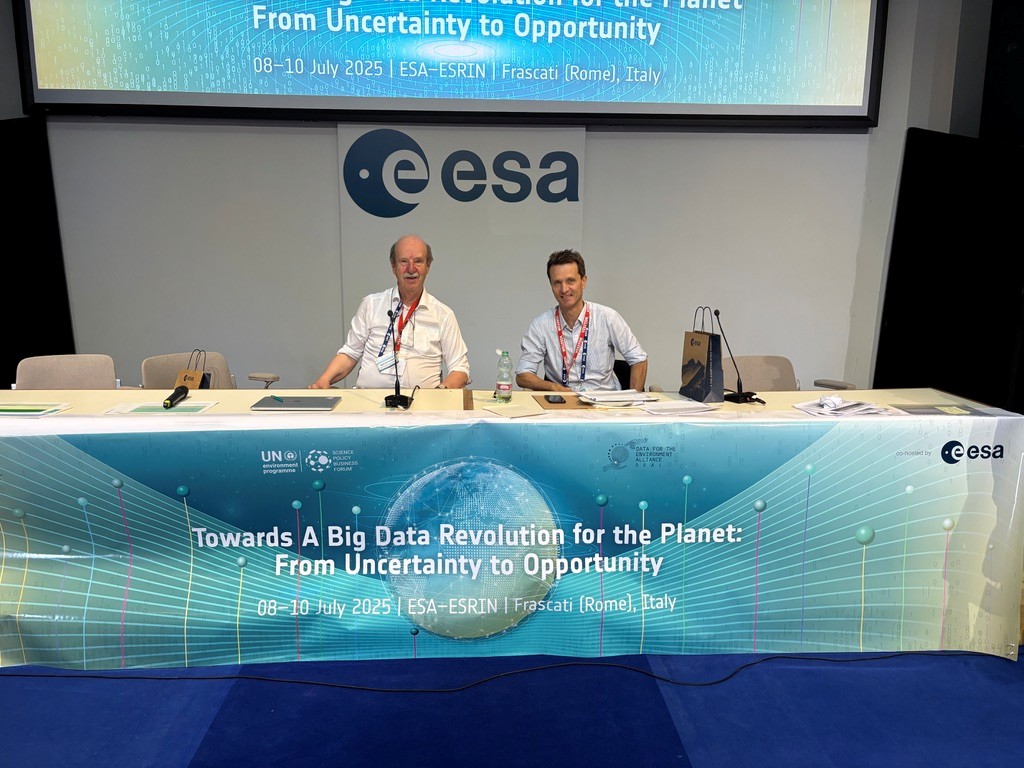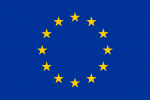
AURORA Partner Martin Brocklehurst and current Chair of the Citizen Science Global Partnership (CSGP) was honoured last week to be asked by Shereen Zorba from the United Nations Science Policy Business Forum (UNSPBF) to be the senior rapporteur at the 3rd UN Expert Group meeting on Global Environmental Data Strategy.
All the learning that went into the AURORA Data Strategy was used to influence the development of the Frascati Principles that will be reported back to the Seventh United Nations Environment Assembly in Nairobi Kenya in December 2025. They are principles that will inform the developing Global Environmental Data Strategy (GEDS) that is being prepared by the United Nations.
Martin said “It was a privilege to work with an amazing group of people from across the planet to draft these principles and to have an influence on global events”.
At a time when we have more satellite environmental data than ever, we are struggling to access it, and turn it into meaningful information that can inform policy decisions. It is critical to have accurate data to disprove misinformation about our planet and focus decision makers on putting in place international environmental agreements that deliver. Sound environmental data that can be turned into reliable information that we can all understand is also key to tracking progress against the promises our leaders make.
Agreements are just words on paper until they are turned into action on the ground and we have too many examples where that has failed to happen. That is why the planetary crisis continues to challenge us and why the triple problems of biodiversity loss, pollution and climate change continue to grow in scale. We need to focus much more on delivery.
I was equally pleased to talk to many of my colleagues about the revolution that is taking place in the way citizen science is developing , allowing almost everyone on the planet to take part in gathering data and receive information that can be used in our daily lives. Information that can be used to manage health risks from pollution, that can be used to lower our cost of living and to engage us all in the energy transition and to support our biosphere on which we all depend for life.
When we get citizen science right it is a cost-effective tool, it is powerful driver of behaviour change and it engages our people in the fight for our planets survival. We are truly in the DECADE OF CITIZEN SCIENCE and we need to support and engage the global population, turning AI and technology to our advantage . I was able to draw on our experience in running the AURORA programme where we are successfully involving citizens in tracking and understanding their own carbon footprints using the AURORA tracker app.
Such an event like this takes months of planning and only takes place due to the hard work of the United Nations Science Policy Business Forum team. So thank you to Shereen Zorba William Thornton Margaux Abrieu, Charles ARDEN-CLARKE and Ado Lõhmus Laura Bullon-Cassis and all the organizing team for a superb event. Thanks also to our hosts the European Space Agency but above thanks for the chance to work with an amazing group of people:
Luca Budello CGeog (EO) Matthew Ross Nicole Streuli-Fürst Will Cadell Annalisa Minelli Nicolas Tsesmetzis PhD Arif Cem G. Levent Ergin Charles Mwangi Morgan Williams Kristian Meissner Arne Bathke Pooja Mahapatra Tim Nixon Trista Patterson, PhD Lourdes Montenegro Polina Koroleva Tomoko Shirai Martin Rich Carmen Marqués Ruiz Margaux Abrieu Ralph Dominik William R. Yingya ZHOU Sébastien Denvil Lucas Kengmana Steve Liang Inge Jonckheere Muthukumar Kumar Francesca Sartori Caroline Hargrove Antoine H. Martin Kapun Puvan Balakrishnan Marie Luchet



